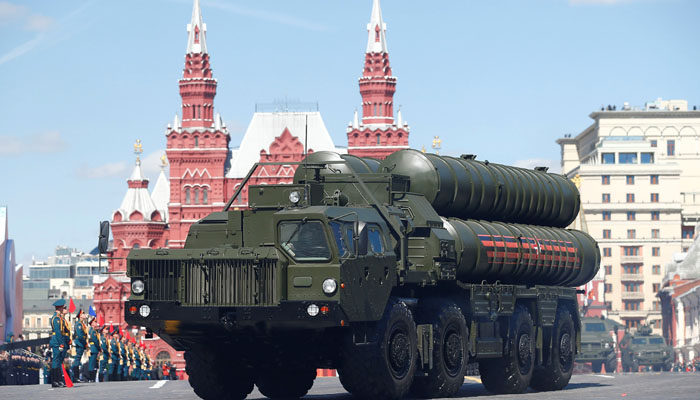Turkish Defense Minister Nurettin Canikli has said he assured US Secretary of Defense Jim Mattis that an S-400 missile defense system Turkey purchased from Russia would not be integrated with NATO systems and would not threaten or target any NATO aircraft including F-35 fighters, the state-run Anadolu news agency reported.
“We gave him this guarantee and expressed it clearly. We asked him to forward this to the US Senate as well,” Canikli told a group of journalists on Friday following NATO Defence Ministers meetings in Brussels, recalling a bill proposed in the US Senate that would prevent Turkey’s purchase of F-35 Joint Strike Fighters.
“The S-400s will arrive and be installed [in Turkey]. No debate about it,” added Canikli.
Turkey on Dec. 29 signed a $2.5 billion agreement with Russia to supply an S-400 missile defense system in its territory, finalizing a deal the two countries have been working on for more than a year.
The S-400 deal has caused concern in the West because Turkey is a member of NATO and the system cannot be integrated into NATO’s military architecture.
Erdoğan announced in September that Ankara had signed a deal with Russia to buy an S-400 missile defense system despite opposition from NATO allies.
Pentagon spokesman Johnny Michael said the US had relayed its concerns to Turkish officials over the purchase. Michael said that a NATO inter-operable missile defense system was the best option for defending Turkey from the full range of threats in the region.
NATO also stated in September that Turkey had not informed the alliance of the details of its agreement to purchase an S-400 air defense system from Russia.
Reacting to the critics from the West, President Recep Tayyip Erdoğan in July said, “Greece, a member of NATO, has been using the S-300 [another Russian air defense system] for years.”
“You [NATO] neither share technology and respond to demands for joint production, nor present an offer that is financially effective. Hence, you are not in a position to say ‘Don’t buy a non-NATO system’,” then-Turkish Defense Minister Fikri Işık said in a statement in April 2017.


